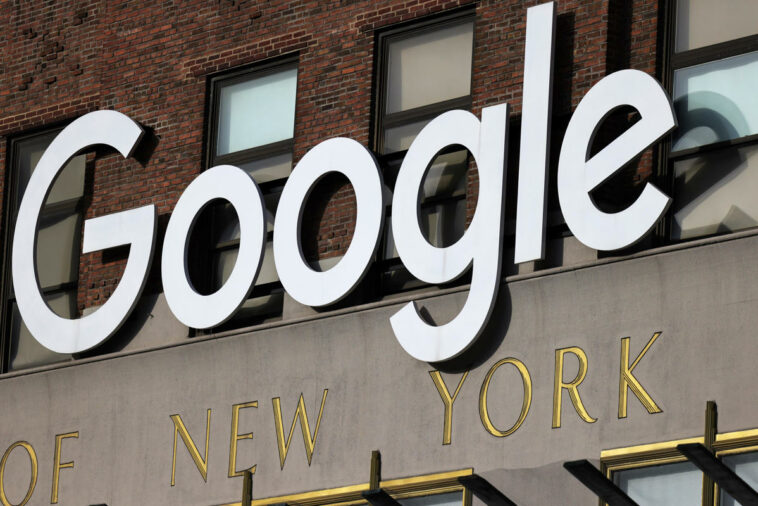Table of Contents
The Justice Department’s historic antitrust case against Google is set to go to trial Tuesday, marking a crucial moment in the battle against allegations of monopoly. The government aims to prove that Google’s dominance has negatively impacted American consumers by stifling competition. This highly anticipated trial will not only test the Biden administration’s stance on tech giants but also have significant implications for the future of the industry.
The Historic Antitrust Trial: Google’s Battle Against Allegations of Monopoly
The Justice Department’s historic antitrust case against Google is set to go to trial Tuesday, marking a crucial moment in the battle against allegations of monopoly. The government aims to prove that Google’s dominance has negatively impacted American consumers by stifling competition. This highly anticipated trial will not only test the Biden administration’s stance on tech giants but also have significant implications for the future of the industry. As the leading search engine, Google’s alleged anti-competitive tactics, such as exclusionary agreements with phone manufacturers and other browsers, are said to have cemented its position as the default search engine. The government argues that these actions have limited consumer choice and hindered innovation in various markets, including general search services and advertising.
The Government’s Case: How Google’s Dominance Impacted American Consumers
The government’s case against Google in the historic antitrust trial centres on how the tech giant’s dominance has impacted American consumers. The lawsuit alleges that Google’s anti-competitive tactics, such as entering into exclusionary agreements with phone manufacturers and other browsers, have stifled competition and limited consumer choice. By ensuring its status as the default search engine, Google is accused of acting as a “monopoly gatekeeper,” hindering innovation and potentially raising phone prices. The government argues that these actions have harmed American consumers by reducing the quality of search alternatives and impeding market competition. This case represents a crucial moment in the battle against monopolistic practices and will test the Biden administration’s stance on regulating tech giants.
The Trial’s Implications: A Crucial Test for the Biden Administration’s Stance on Tech Giants
The upcoming antitrust trial against Google holds significant implications for the Biden administration’s stance on regulating tech giants. As the first major antitrust case to be pursued by the administration, it will serve as a crucial test of their commitment to addressing anti-competitive behavior in the technology industry. The outcome of this trial will set a precedent for future cases involving other tech giants like Amazon, Apple, and Meta. It will also determine whether the government has the power to hold these companies accountable for their monopolistic practices. As the trial unfolds, all eyes will be on U.S. District Judge Amit Mehta’s ruling, which will shape the future of competition in the tech sector and potentially pave the way for increased regulation.
In 2023, the historic antitrust trial against Google has captured the attention of the nation. As the government aims to prove allegations of monopoly and negative impacts on American consumers, this trial will not only test the Biden administration’s stance on tech giants but also have significant implications for the future of the industry. The outcome of this trial will shape the future of competition in the tech sector and potentially pave the way for increased regulation. All eyes are now on U.S. District Judge Amit Mehta’s ruling, eagerly awaiting its impact on the tech industry.
- Facebook Messenger

